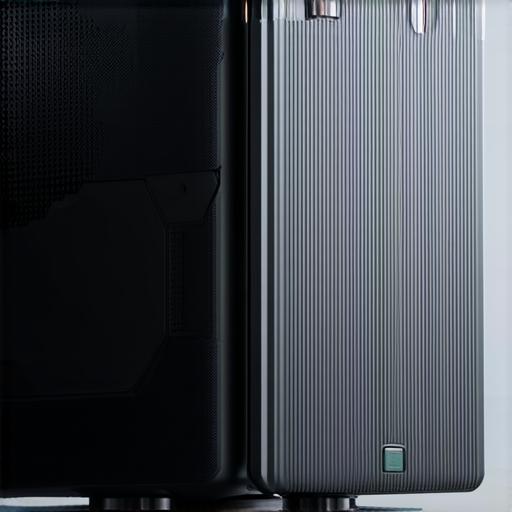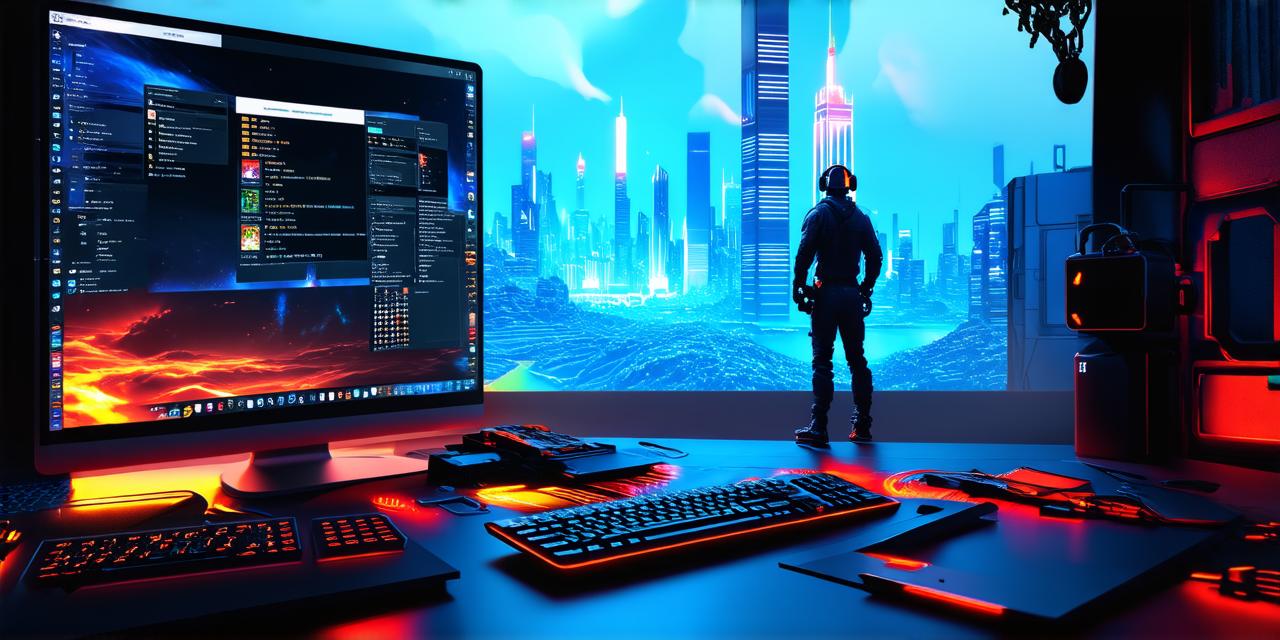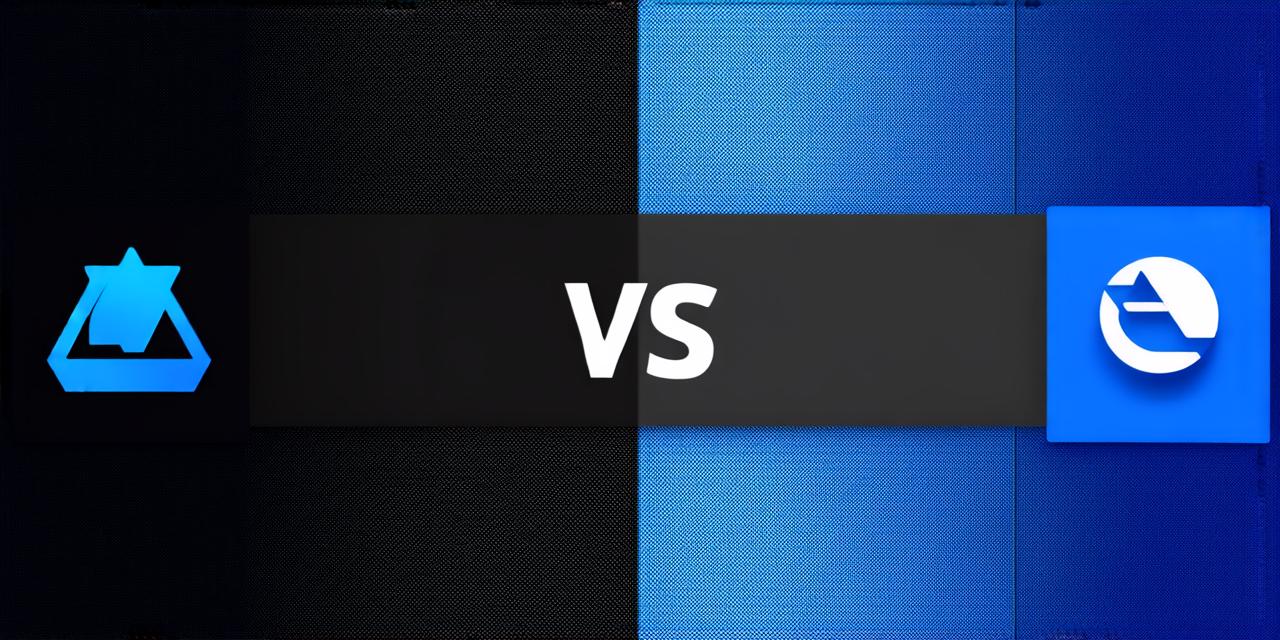As an experienced 3D developer, you know that the choice between Unity and Unreal Engine can be a daunting one. Both engines have their strengths and weaknesses, but which one is better suited for your needs? In this article, we’ll explore the pros and cons of both engines and help you make an informed decision based on your unique requirements.
Pros of Unity
1. Easy to Learn One of the biggest advantages of Unity is that it’s relatively easy to learn. With its intuitive interface and extensive documentation, even beginners can get started with Unity quickly. This makes it a great option for those who are just starting out in 3D development.
2. Cross-Platform Support Unity supports multiple platforms, including Windows, macOS, iOS, Android, and more. This means you can create games and applications that run on a variety of devices without having to learn different engines for each platform.
3. Large Community Unity has a large and supportive community of developers who are always willing to help. This makes it easy to find answers to your questions and get advice on best practices. The community also includes a wide range of assets and plugins that can save you time and effort.
- Cost-Effective Unity is a cost-effective option for many developers. It offers a free version that allows you to create 2D games, as well as several affordable paid plans for more advanced features. This makes it a great choice for small studios or independent developers who want to keep costs down.
Cons of Unity
1. Limited Graphics Capabilities One of the biggest drawbacks of Unity is its limited graphics capabilities. While it’s capable of producing high-quality visuals, it may not be the best option for those who require advanced graphics features like real-time ray tracing or global illumination.
2. Performance Issues Unity can sometimes suffer from performance issues, especially when dealing with complex scenes or large numbers of objects. This can lead to laggy gameplay or slow loading times.
3. Limited Scripting Options Unity’s scripting language is relatively simple and may not be as powerful as some other options. This can make it difficult to create advanced features or integrate third-party plugins.

Pros of Unreal Engine
1. Advanced Graphics Capabilities One of the biggest advantages of Unreal Engine is its advanced graphics capabilities. It supports real-time ray tracing, global illumination, and other advanced features that can produce stunning visuals. This makes it a great option for those who require the highest quality graphics.
2. Powerful Scripting Language Unreal Engine uses a powerful scripting language called Blueprints, which allows developers to create complex game logic without needing to write code. This can save time and make development faster.
- Large Library of Assets Unreal Engine has a large library of assets and plugins that can help speed up development. These include pre-built characters, environments, and effects that can be easily customized.
4. Scalability Unreal Engine is highly scalable, making it a great option for large studios or those who expect their projects to grow in the future. It can handle complex scenes with ease and can be easily integrated with other tools and systems.
Cons of Unreal Engine
1. Steep Learning Curve One of the biggest drawbacks of Unreal Engine is its steep learning curve. While it offers powerful features and advanced capabilities, it can take some time to master. This makes it less suitable for beginners or those who don’t have a lot of experience with 3D development.
2. High Cost Unreal Engine is not a cheap option. It requires a paid license and can be expensive depending on the size and complexity of your project. This may make it less accessible to small studios or independent developers.




